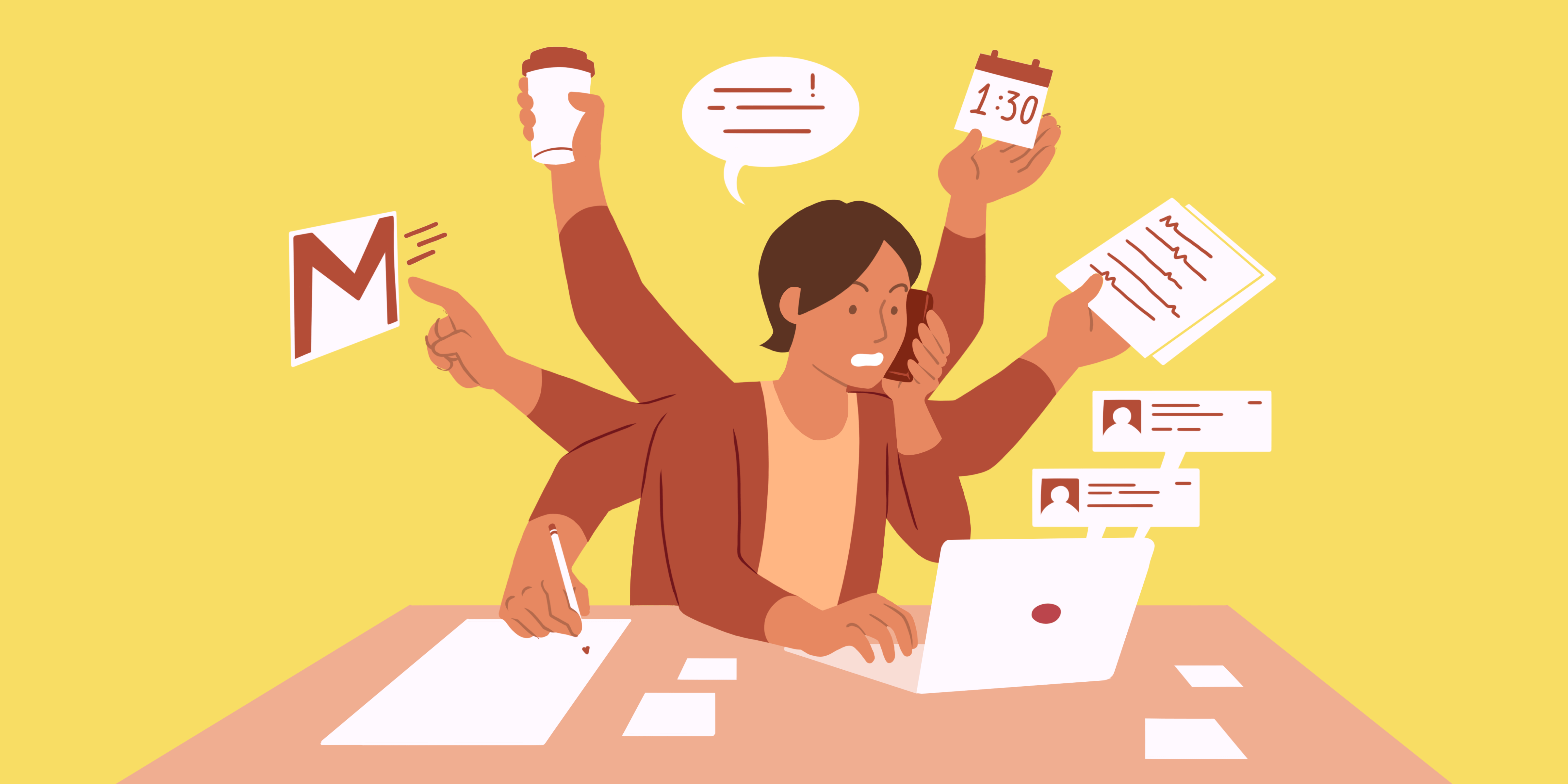Science shows multitasking limits creativity

Multitasking is defined as the performance of more than one task at a time. For example, responding to a text message while listening to your friend talk or physically doing something while in the middle of a conversation. These two examples are pretty common ones ad forms of multitasking that most people feel pretty confident about.
According to the Cleveland Clinic, multitasking just isn’t something that most people can actually do, at least not as well as people might think they can. They state that “One study found that just 2.5% are able to multitask effectively. For the rest of us, our attempts to do multiple activities at once aren’t actually that.” Only 2.5% of the population can do this, and that is because the average person’s brain simply isn’t meant to focus on several things at once. In fact, when people do so-called multitasking, the brain actually isn’t doing multiple tasks at once, but rather switching between tasks.
The National Libray of Medicine puts it like this: the brain “lacks the architecture to perform two or more tasks simultaneously …”.
They continue with the following explanation, “By architecture, we mean the cognitive and neural building blocks and systems that give rise to mental functioning. We have a hard time multitasking because of the ways that our building blocks of attention and executive control inherently work.” The human is designed to only do one task at a time, so when we try to do task switching, the quality of our work decreases pretty significantly while also increasing the amount of time it takes to complete these tasks.
The American Psychiatric Association refers to this as Switching Cost. They explain the following: “Although switch costs may be relatively small, sometimes just a few tenths of a second per switch, they can add up to large amounts when people switch repeatedly back and forth between tasks. Thus, multitasking may seem efficient on the surface but may actually take more time in the end and involve more error. Meyer has said that even brief mental blocks created by shifting between tasks can cost as much as 40 percent of someone’s productive time.”
At the end of the day research shows that it’s a lot easier and productive to do one task at a time.









You must be logged in to post a comment Login